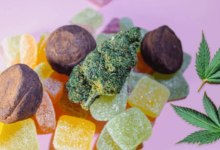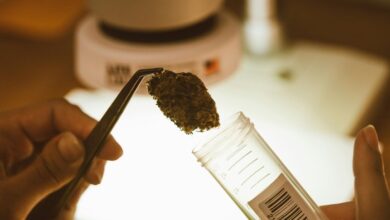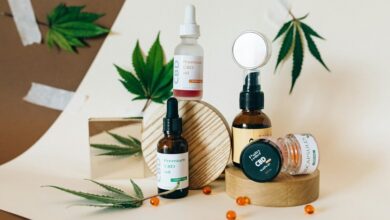
Will Cbd Show on Drug Test Us
The presence of CBD in drug tests is a nuanced issue. Although CBD itself is non-psychoactive, many products contain trace amounts of THC. Standard drug tests typically target THC, which raises concerns for CBD users. Understanding the differences between CBD and THC is crucial for those worried about potential positive test results. As the market for CBD continues to expand, the implications for users remain significant. What should consumers know to protect themselves?
Understanding CBD and THC: The Key Differences
While both CBD (cannabidiol) and THC (tetrahydrocannabinol) are cannabinoids derived from the cannabis plant, they exhibit distinct properties that influence their effects on the human body.
CBD benefits include anti-inflammatory and anxiety-reducing effects, appealing to those seeking therapeutic relief without psychoactive effects.
In contrast, THC legality varies widely, often associated with recreational use and potential legal complications in many regions.
How Drug Tests Work: What They Detect
Drug tests are designed to detect specific substances within the body, typically focusing on metabolites that result from drug use.
Various drug testing methods exist, including urine, blood, and hair tests, each with different detection limits.
These tests primarily identify substances like THC, cocaine, and opioids, while the presence of CBD can complicate results, depending on the sensitivity of the testing method employed.
Factors Affecting Drug Test Results for CBD Users
Various factors can influence drug test outcomes for individuals who use CBD.
Key elements include the CBD concentration in the product consumed and individual variations in drug metabolism. Higher concentrations of CBD may contain trace amounts of THC, which can lead to positive test results.
Additionally, metabolic rates differ among individuals, affecting how long substances remain detectable in the body.
Tips for Choosing CBD Products That Minimize Risk
When selecting CBD products, consumers should prioritize those that provide transparency and third-party testing to minimize the risk of unintended THC exposure.
Attention to CBD sourcing is crucial; reputable brands often detail their extraction methods and ingredient origins.
Additionally, clear product labeling helps consumers understand the cannabinoid content, ensuring they choose products with negligible THC levels, ultimately supporting informed decision-making.
Conclusion
In the world of wellness, CBD offers promise without the high, yet its close relationship with THC can lead to unintended consequences. While CBD itself is not the target of drug tests, the trace amounts of THC in many products can result in positive results. Therefore, consumers must navigate this landscape carefully, choosing high-quality, third-party tested options to enjoy the benefits of CBD without the shadow of a drug test looming overhead.






